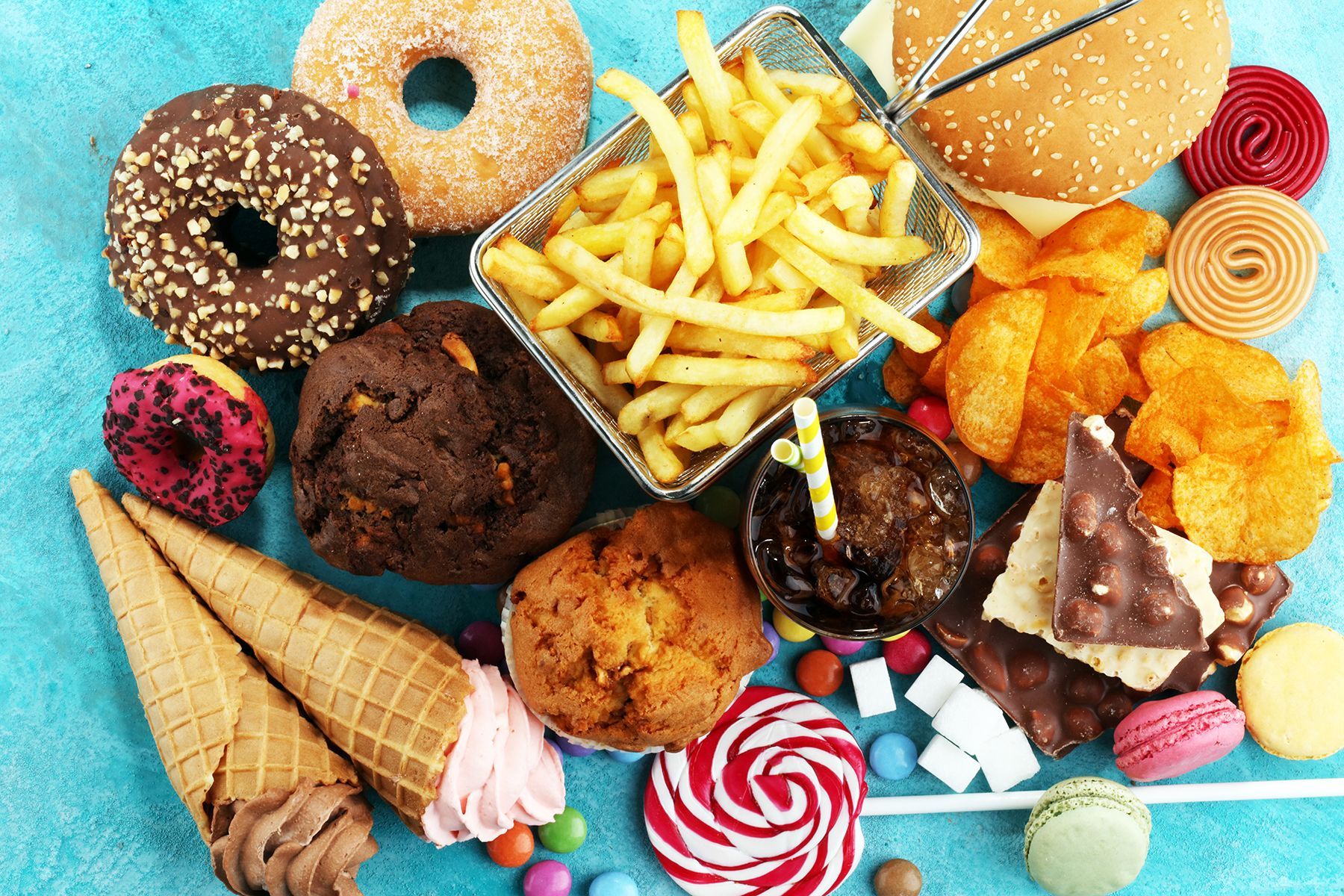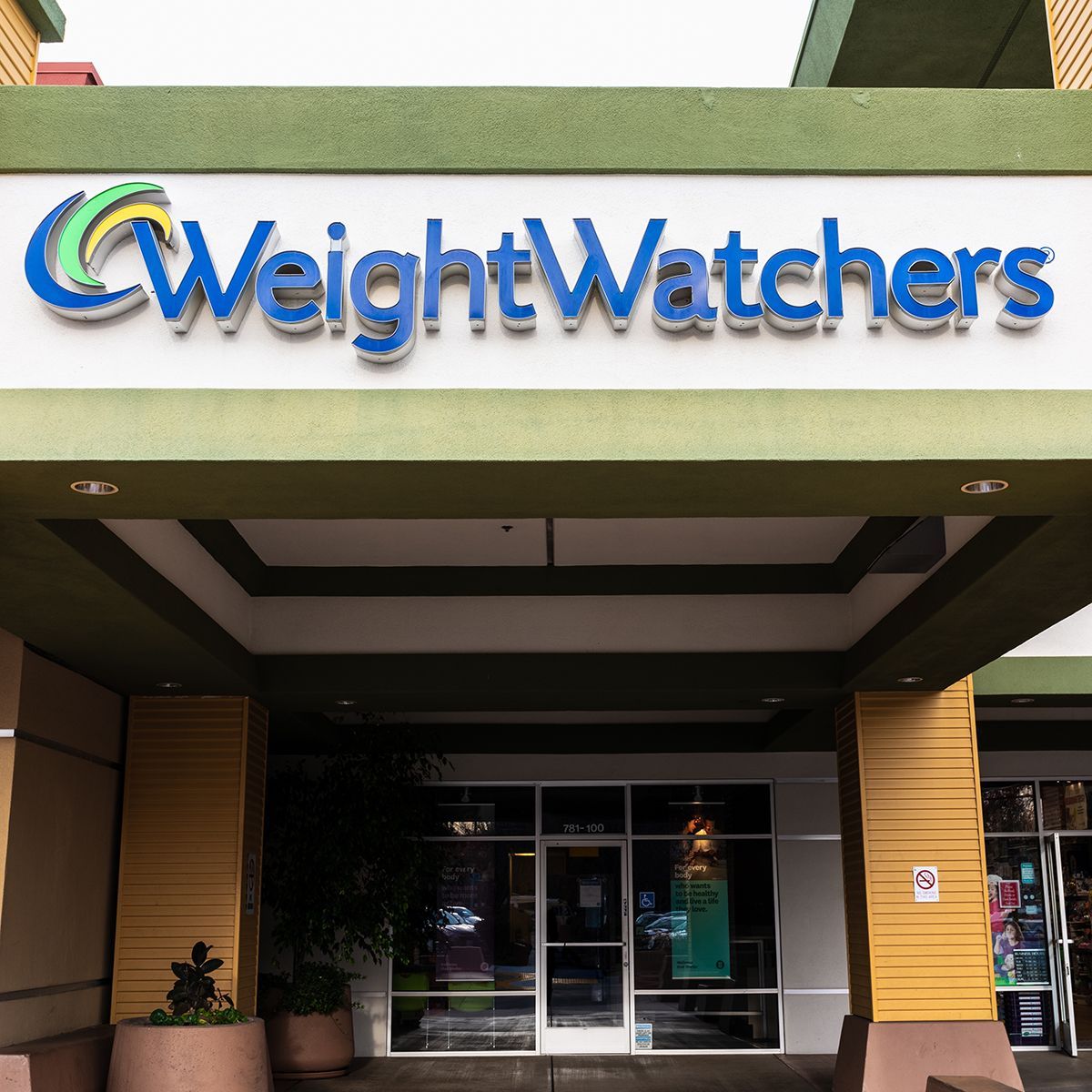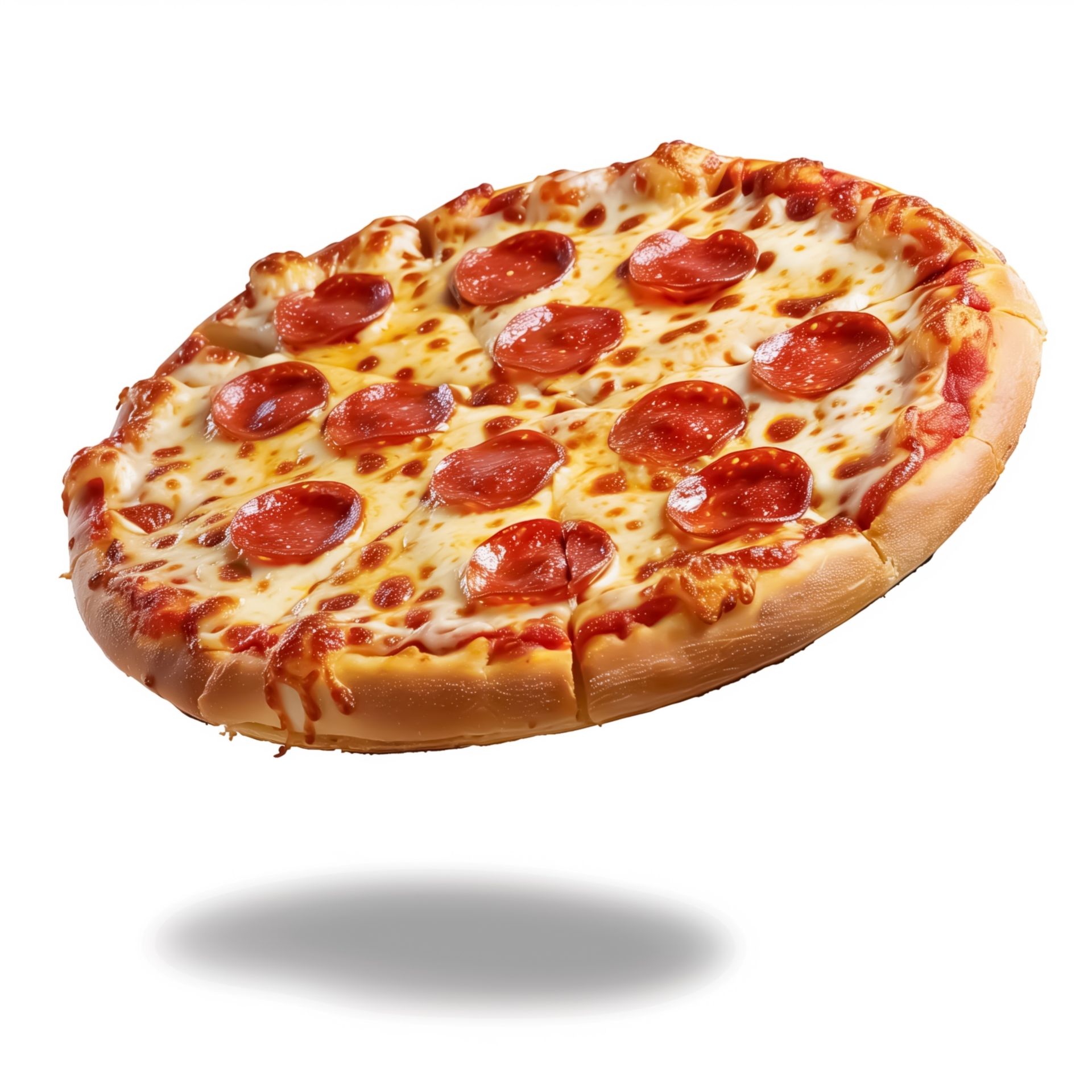Top 10 Statistical Reasons Why It's So Hard for Americans to Lose Weight: The Caloric Surplus Dilemma
The Top 10 Statistical Reasons Why It's So Hard for Americans to Lose Weight: The Caloric Surplus Dilemma

Photo Credit: Shutterstock
Losing weight seems to be on the minds of many Americans today, yet the struggle to shed those pounds is a battle often lost. While there are myriad factors at play in the complexities of weight loss, the fundamental principle of energy balance cannot be overlooked. Here at Kansas City Laser-Like Lipo®, we encounter numerous individuals who are on their personal journeys to weight loss, and time and again, we come face to face with the inescapable truth: if you consume more calories than you burn, you gain weight; consume fewer, and you lose it.
Let’s delve into the top 10 statistical reasons why Americans find it challenging to lose weight, always circling back to the overarching rule that reigns supreme in the realm of weight management – the principle of energy balance.
1. Excessive Caloric Intake
The crux of the weight loss battle is often a simple math problem: calories in versus calories out. The National Health and Nutrition Examination Survey reveals that the average American adult consumes over 3,600 calories daily – a significant jump from the 2,600 calories reported four decades ago. This uptick in calorie consumption is one of the most glaring reasons for the weight struggle. Fast food, larger portion sizes, and high-calorie beverages contribute to a diet that far exceeds the energy most people expend in a day.
2. Sedentary Lifestyles
A sedentary lifestyle is the unfortunate sidekick of the modern age. Data from the National Health and Nutrition Examination Survey and the Centers for Disease Control and Prevention show that more than 60% of American adults do not engage in the recommended amount of physical activity, with approximately 25% not being active at all. The lack of physical activity not only affects energy expenditure but also has a profound impact on metabolism, further complicating the weight loss equation.
3. Poor Nutrition Education
Many Americans lack basic nutrition education, which contributes to poor dietary choices. A survey by the American Heart Association found that nearly 1 in 3 adults underestimate the amount of calories they eat. Without an understanding of how to balance energy intake with energy expenditure, individuals are more likely to consume foods that are calorie-dense but nutrient-poor, leading to weight gain.
4. Stress and Emotional Eating
Stress is an often under-acknowledged factor in the battle against the bulge. According to the American Psychological Association, more than 30% of adults report engaging in unhealthy eating behaviors due to stress. Emotional eating leads to increased calorie intake, particularly from "comfort foods" that are high in sugar and fat, creating a surplus of calories that the body converts to stored fat.
5. Sleep Deprivation
The link between sleep and weight is backed by numerous studies, including research from the University of Chicago, which found that sleep deprivation can lead to increased hunger and appetite. The American Sleep Association reports that 35.3% of adults get less than 7 hours of sleep per night. A lack of sleep not only spikes hunger hormones but also leads to poor decision-making when it comes to food choices.
6. Economic Factors
Economic constraints play a significant role in dietary choices. Data from the U.S. Department of Agriculture indicates that higher-calorie foods tend to be cheaper than lower-calorie, nutrient-rich foods. This economic disparity leads to a higher calorie consumption among lower-income individuals, as they may opt for the more affordable, calorie-dense options that contribute to weight gain.
7. The Aging Population
As the population ages, metabolism slows down. The National Institutes of Health note that after the age of 30, individuals start to lose muscle mass, reducing their resting metabolic rate and making it easier to gain weight if caloric intake is not adjusted accordingly. This biological change requires a greater emphasis on calorie management to maintain weight as we age.
8. The Yo-Yo Dieting Effect
Many Americans fall victim to "yo-yo dieting," a pattern of losing weight and regaining it. According to statistics from the National Eating Disorders Association, yo-yo dieting is practiced by nearly 10% of the population. This approach can wreak havoc on metabolism, making it increasingly difficult to lose weight and easy to regain it, often leading to a higher overall caloric intake over time.
9. Prescription Medications
Certain medications can lead to weight gain or make it harder to lose weight as a side effect. The Mayo Clinic reports that drugs such as antidepressants, antipsychotics, and insulin can contribute to weight gain. This can inadvertently create a caloric surplus as the body's energy balance is disrupted.
10. Environmental and Genetic Factors
While lifestyle choices are critical, we cannot ignore environmental and genetic influences on weight. The Obesity Society indicates that genes can play a role in how the body stores fat and regulates hunger and satiety signals. However, even with genetic predispositions, the principle of caloric balance still applies; it's the execution that might be more challenging.

Photo Credit: Shutterstock
The Undeniable Rule of Caloric Balance
Despite the complexities introduced by these factors, the underlying principle remains unchanged: if you’re in a caloric surplus, you will gain weight; if you’re in a caloric deficit, you will lose weight. At Kansas City Laser-Like Lipo®, we stress this fundamental truth to our clients. We recognize that various elements make it harder for individuals to achieve a calorie deficit, but we also emphasize that nothing can supersede the principle of energy balance.
Even with factors such as hormonal imbalances or metabolic conditions, the law of thermodynamics is unyielding. Our bodies are not defying physics – they are adhering to it. We often hear clients swear they eat next to nothing and still can't lose weight. Yet, upon closer examination, there are frequently unaccounted calories slipping through. Whether it's a sugary drink here, a 'small' snack there, or simply not understanding portion sizes, these add up.
Embracing the Solution
At Kansas City Laser-Like Lipo®, we offer support that acknowledges these hurdles while guiding clients back to the essential truth of calorie balance. Our strategies include:
- Personalized Caloric Assessments: Understanding individual caloric needs based on lifestyle, basal metabolic rate, and physical activity levels.
- Nutritional Education: Providing clients with the knowledge to make informed choices about their food intake.
- Lifestyle Coaching: Encouraging active lifestyles and incorporating movement into daily routines.
- Accountability and Support: Offering a support system to help clients navigate emotional eating and stress-related challenges.
In conclusion, the road to weight loss is seldom a straight path. It is intertwined with behavioral patterns, physiological factors, and lifestyle choices. Yet, through the thicket of reasons why weight loss is challenging, the beacon of caloric balance continues to shine brightly. At Kansas City Laser-Like Lipo®, we not only help our clients understand the importance of this principle but also provide the tools and support to navigate their individual journeys. Remember, no matter what barriers you face, the key to weight loss is in understanding and applying the energy balance equation to your life.











Share On: